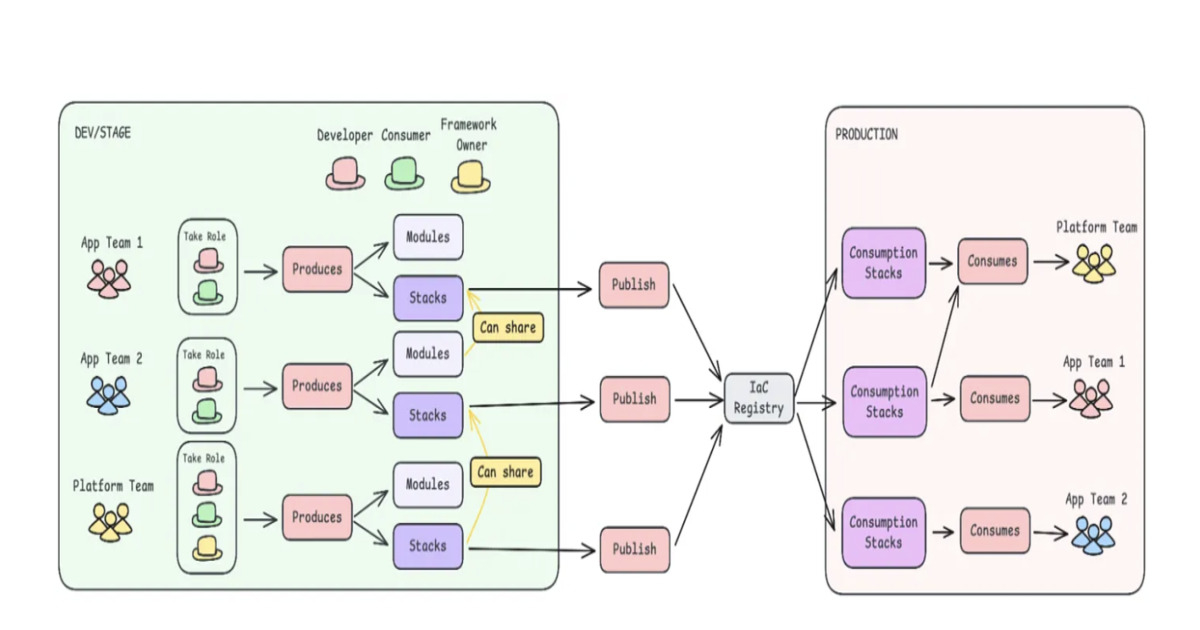Codetown
Codetown ::: a software developer's community
Math tips for easy calculations
We all have probably heard everyone say things like, "I can't do the math," "Math is too difficult," and "I'll never apply it in the real world." Math problems intimidate many students and parents, especially when it includes large numbers and rigorous calculations where aliciacalculadora.com can help.
Usually, students face problems in identifying the correct operation to be performed in word problems, regrouping in addition, and carrying over/borrowing in subtraction among many other issues.
But with the right strategies and tricks, we can help children excel at it, improve their mathematical reasoning skills and help the little Aryabhattas and Shakuntala Devis gain more confidence.
It’s always a good idea to serve logical and intense math concepts with a side of magic aka tricks to make you feel that math magic.
Here are the 4 math tricks to enhance mental math ability and make calculations easier:
1. MAKE IT EASY PEASY
Learning to quickly add numbers is an important aspect of your math learning. Students can break down the bigger numbers into simpler and smaller ones and then group them to add easily.
2. SWAPPING:
Many students fear subtractions due to large numbers. They can swap with the number complements instead of regrouping:
3. ADDING AND REMOVING THE SAME NUMBER:
Solving large numbers, especially money calculations can be quite difficult for students. Adding and then subtracting the same number can be quite useful a lot of times.
4. DEFEAT DIVISION:
Students can simplify division problems by putting this list of crucial facts aka divisibility rules to some great use. A number is divisible by:
Apart from these trendy tricks, students should always break down the multistep problem into smaller problems, find its objective, and then progress towards solving it. They should read the problem in its entirety and then try to come up with the correct approaches.
Notes
Welcome to Codetown!
 Codetown is a social network. It's got blogs, forums, groups, personal pages and more! You might think of Codetown as a funky camper van with lots of compartments for your stuff and a great multimedia system, too! Best of all, Codetown has room for all of your friends.
Codetown is a social network. It's got blogs, forums, groups, personal pages and more! You might think of Codetown as a funky camper van with lots of compartments for your stuff and a great multimedia system, too! Best of all, Codetown has room for all of your friends.
Created by Michael Levin Dec 18, 2008 at 6:56pm. Last updated by Michael Levin May 4, 2018.
Looking for Jobs or Staff?
Check out the Codetown Jobs group.
InfoQ Reading List
From Central Control to Team Autonomy: Rethinking Infrastructure Delivery

Adidas engineers describe shifting from a centralized Infrastructure-as-Code model to a decentralized one. Five teams autonomously deployed over 81 new infrastructure stacks in two months, using layered IaC modules, automated pipelines, and shared frameworks. The redesign illustrates how to scale infrastructure delivery while maintaining governance at scale.
By Leela KumiliGoogle Publishes Scaling Principles for Agentic Architectures

Researchers from Google and MIT published a paper describing a predictive framework for scaling multi-agent systems. The framework shows that there is a tool-coordination trade-off and it can be used to select an optimal agentic architecture for a given task.
By Anthony AlfordGoogle Cloud Brings Full OpenTelemetry Support to Cloud Monitoring Metrics

Google Cloud recently unveiled broad support for the OpenTelemetry Protocol (OTLP) in Cloud Monitoring, marking a step toward unifying telemetry collection across its observability stack.
By Craig RisiAWS Launches Agent Plugins to Automate Cloud Deployment

AWS launched Agent Plugins for AWS, providing AI coding agents with specialized deployment skills. The initial deploy-on-aws plugin transforms workflows by accepting commands like "deploy to AWS" and generating complete pipelines with architecture recommendations, cost estimates, and infrastructure code. Supported in Claude Code and Cursor, AWS claims 10-minute deployments versus hours manually.
By Steef-Jan WiggersGoogle Enhances Node Pool Auto-Creation Speed for GKE Clusters

Google Cloud has optimised GKE's node pool auto-creation, significantly cutting "Time to Ready" for massive clusters. By improving control plane communication and request batching, GKE now provisions resources faster, rivalling tools like Karpenter. The update enhances scaling reliability and stability for high-volume AI and batch workloads, automatically rolling out across supported versions.
By Mark Silvester
© 2026 Created by Michael Levin.
Powered by
![]()
You need to be a member of Codetown to add comments!
Join Codetown